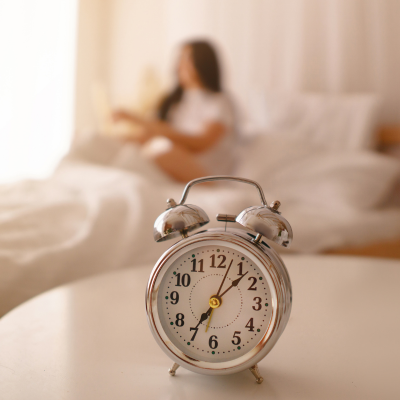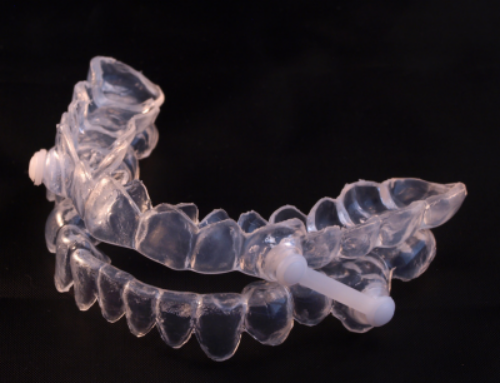 Achieving a quality sleep routine is essential for our overall health and vitality, yet many individuals struggle to attain the restorative rest they need. At Virginia Sleep & TMJ Therapy, we recognize the significance of fostering healthy sleep habits, and we’re here to provide practical advice for optimizing your sleep hygiene and creating an environment conducive to restful sleep. Join us as we explore effective strategies for improving your sleep routine without borrowing from existing content.
Achieving a quality sleep routine is essential for our overall health and vitality, yet many individuals struggle to attain the restorative rest they need. At Virginia Sleep & TMJ Therapy, we recognize the significance of fostering healthy sleep habits, and we’re here to provide practical advice for optimizing your sleep hygiene and creating an environment conducive to restful sleep. Join us as we explore effective strategies for improving your sleep routine without borrowing from existing content.
Understanding the Importance of Sleep Hygiene
Sleep hygiene encompasses a series of behaviors and practices aimed at promoting healthy sleep patterns and enhancing sleep quality. By incorporating these habits into your daily routine, you can cultivate a more restful and rejuvenating sleep experience, ultimately contributing to improved overall well-being.
Tip #1: Establishing a Consistent Sleep Routine
Consistency is key when it comes to sleep. Set a regular bedtime and wake-up time, even on weekends, to regulate your body’s internal clock and promote a more stable sleep-wake cycle.
Tip #2: Cultivating a Relaxing Bedtime Routine
Establish a calming pre-sleep ritual to signal to your body that it’s time to relax and prepare for rest. Engage in calming activities such as reading, gentle stretching, or practicing mindfulness techniques to promote relaxation and ease the transition into sleep.
Tip #3: Optimizing Your Sleep Environment
Your sleep environment plays a crucial role in your ability to achieve restful sleep. Make sure your bedroom promotes sleep by maintaining a cool, dark and quiet environment. Invest in a comfortable mattress and pillows that provide adequate support, and consider using blackout curtains or a white noise machine to block out any disruptive external stimuli.
Tip #4: Moderating Caffeine and Alcohol Consumption
Be mindful of your caffeine and alcohol intake, as both substances can interfere with your sleep quality. Limit your consumption of caffeinated beverages in the afternoon and evening, and avoid alcohol close to bedtime, as it can disrupt your sleep cycle.
Tip #5: Watching Your Diet and Hydration
Avoid heavy or spicy meals, as well as excessive fluid intake, before bedtime, as these can cause discomfort and disrupt your sleep. Opt for lighter, easily digestible meals and limit your intake of fluids in the hours leading up to bedtime to minimize the likelihood of sleep interruptions.
Tip #6: Incorporating Regular Exercise
Consistent exercise can enhance the quality and duration of sleep. Aim to incorporate exercise into your daily routine, but avoid vigorous activity close to bedtime, as it may interfere with your ability to fall asleep.
Tip #7: Managing Stress and Anxiety
Anxiety and stress can notably affect your capacity to attain deep, restorative sleep. Practice stress-reduction techniques such as deep breathing, meditation, or progressive muscle relaxation to help calm your mind and promote relaxation before bedtime.
Tip #8: Seeking Professional Assistance if Necessary
If you continue to struggle with sleep issues despite implementing these strategies, don’t hesitate to seek professional help. Our team at Virginia Sleep & TMJ Therapy specializes in diagnosing and treating sleep disorders, and we can work with you to develop a personalized treatment plan tailored to your specific needs.
Prioritizing Your Sleep Health: Request Your Appointment Today
By implementing these tips and prioritizing your sleep health, you can take significant strides towards achieving a more restful and rejuvenating night’s sleep. Remember that small changes can make a big difference, and don’t hesitate to request your appointment today!
Here’s to better sleep and improved overall well-being! Start incorporating these strategies into your sleep routine today and reap the benefits of a more restful and revitalizing night’s sleep.




